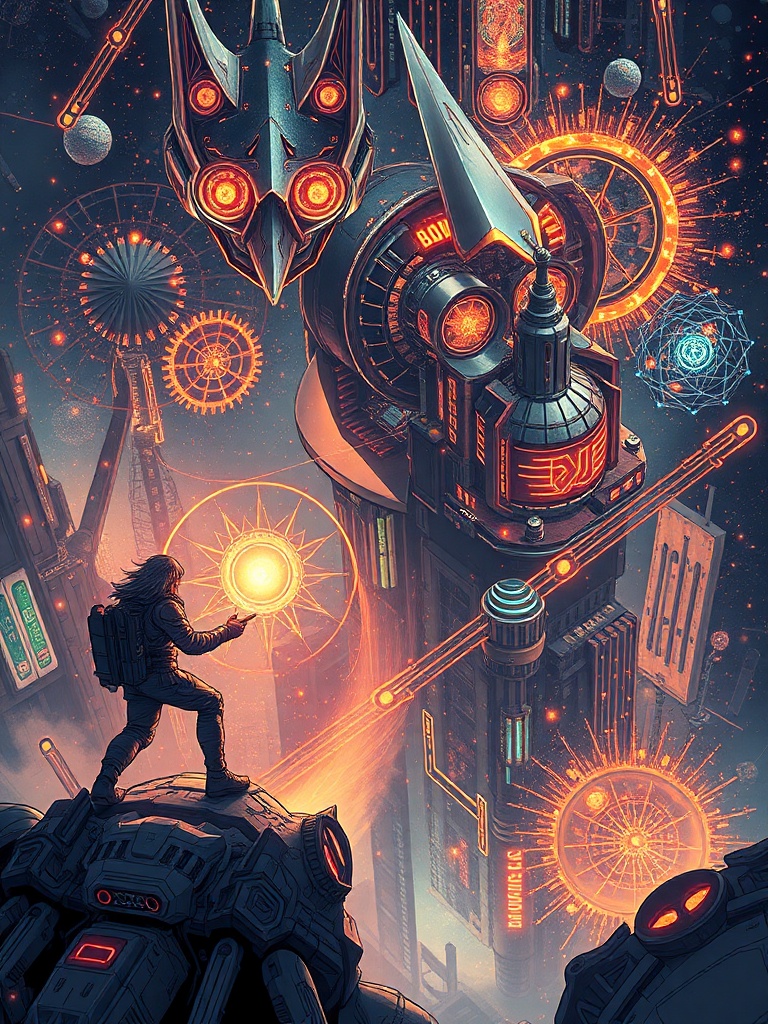For those living in the digital age, innovation is a term we encounter frequently. Today, it is almost impossible to scroll through a social media feed, read a business article, or sit through a corporate meeting without hearing the word. But what exactly does innovation mean in the context of our current era, and how is it transforming our world?
Innovation, as defined by the Oxford English Dictionary, is the introduction of new things, ideas or ways of doing something. Fundamentally, it is the manifestation of human creativity and ingenuity. It’s the ability to perceive the world in new ways, find hidden patterns, make connections between seemingly unrelated phenomena, and generate solutions.
In our current digital era, innovation has become synonymous with technological advancements. This wave of innovation spans across various sectors, from healthcare to education, from finance to entertainment.
The arrival of cutting-edge technology such as blockchain, machine learning, and augmented reality has opened a plethora of opportunities for innovators.
Take for instance the current healthcare ecosystem.
The integration of advanced technology has revolutionized the field, paving the way for telehealth and remote patient monitoring. This digital transformation allows healthcare professionals to deliver top-notch service and quality care to patients, irrespective of geographical boundaries.

Meanwhile, in the realm of finance, the concept of decentralized finance (DeFi) has emerged as a groundbreaking innovation.
Built on blockchain technology, DeFi offers an alternative to traditional financial systems by providing open access to financial services.
This innovative approach is enabling a more inclusive and efficient financial ecosystem.
Today, innovation is not limited to product development and technology integration.
It has permeated the very fabric of business strategy and culture. Companies are now leveraging innovation to create unique business models, drive operational excellence, and foster a culture of continuous learning and improvement. From lean startups to Fortune 500 companies, the mantra of “innovate or perish” echoes loud and clear.
Furthermore, while innovation is transforming organizations, it is equally impacting individuals and societies.
The creation of smart cities, the rise of remote working, the growth of e-commerce, the proliferation of digital payment systems – all these innovative trends are shaping our lifestyle, work culture, and societal norms.
However, it’s worth noting that with the amazing benefits of innovation come certain challenges. Issues such as data privacy, digital divide, and cybersecurity threats warrant our attention and call for responsible innovation. It is crucial to strike the right balance between embracing the new and safeguarding the essential.
Clearly, the power of innovation lies in its ability to disrupt the status quo and propel us towards a brighter, more efficient future.
It holds the promise of solving some of the most pressing issues of our time, from climate change to poverty, from healthcare disparities to digital divide.
As we navigate this exciting era of relentless innovation, let us not forget the words of Albert Einstein: “We cannot solve our problems with the same thinking we used when we created them.” So, let’s continue to challenge the conventional, question the ordinary, and above all, keep innovating.
